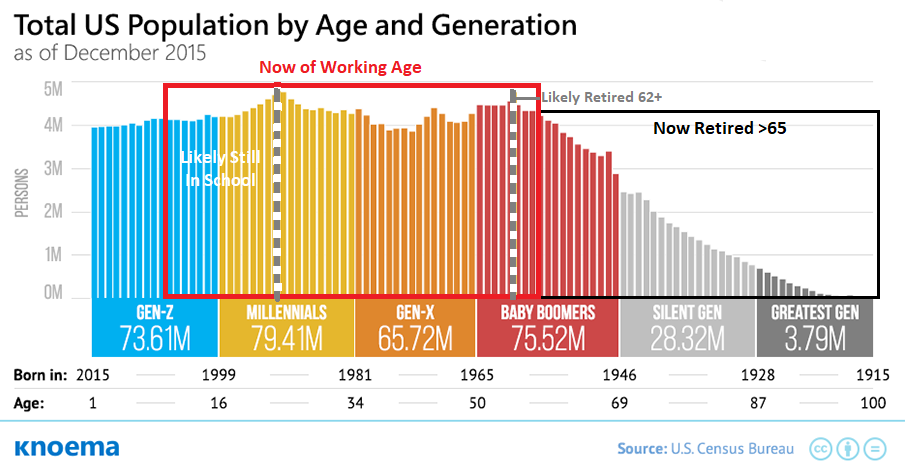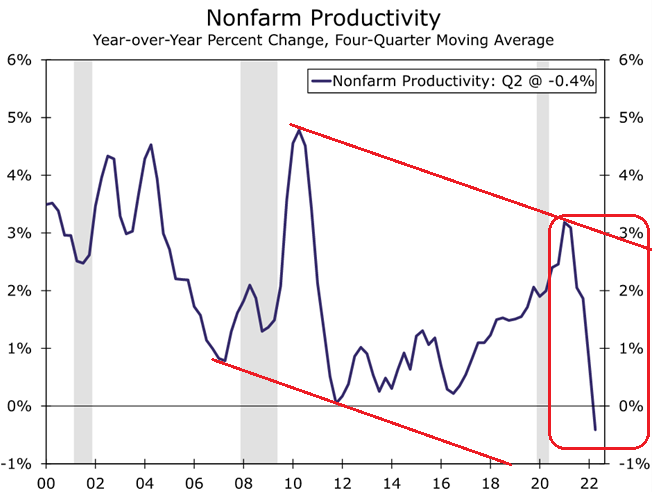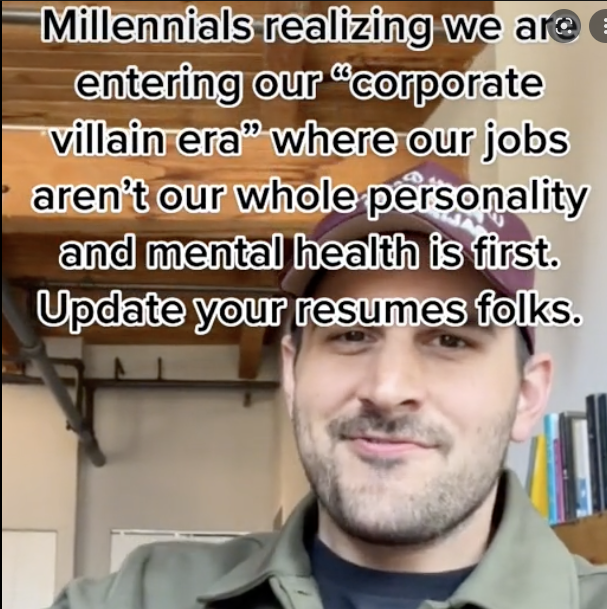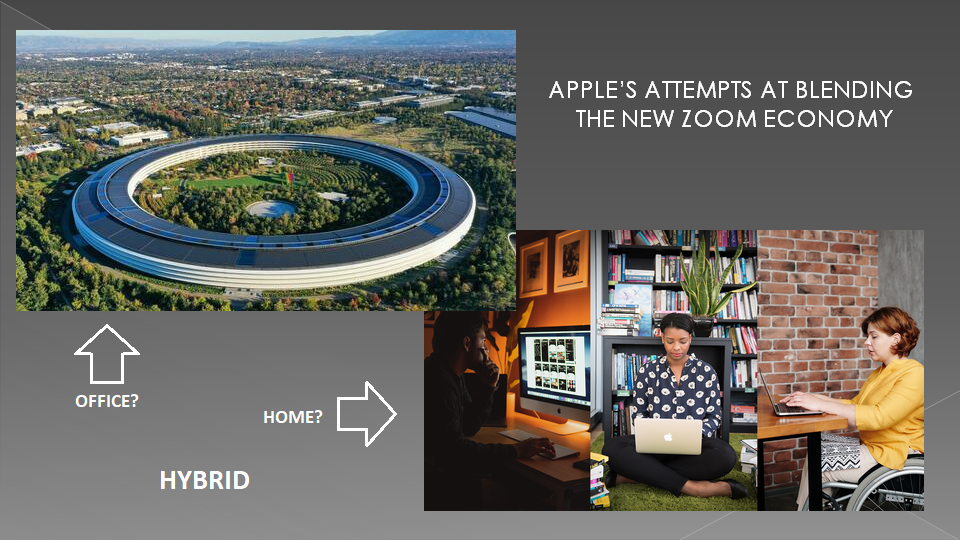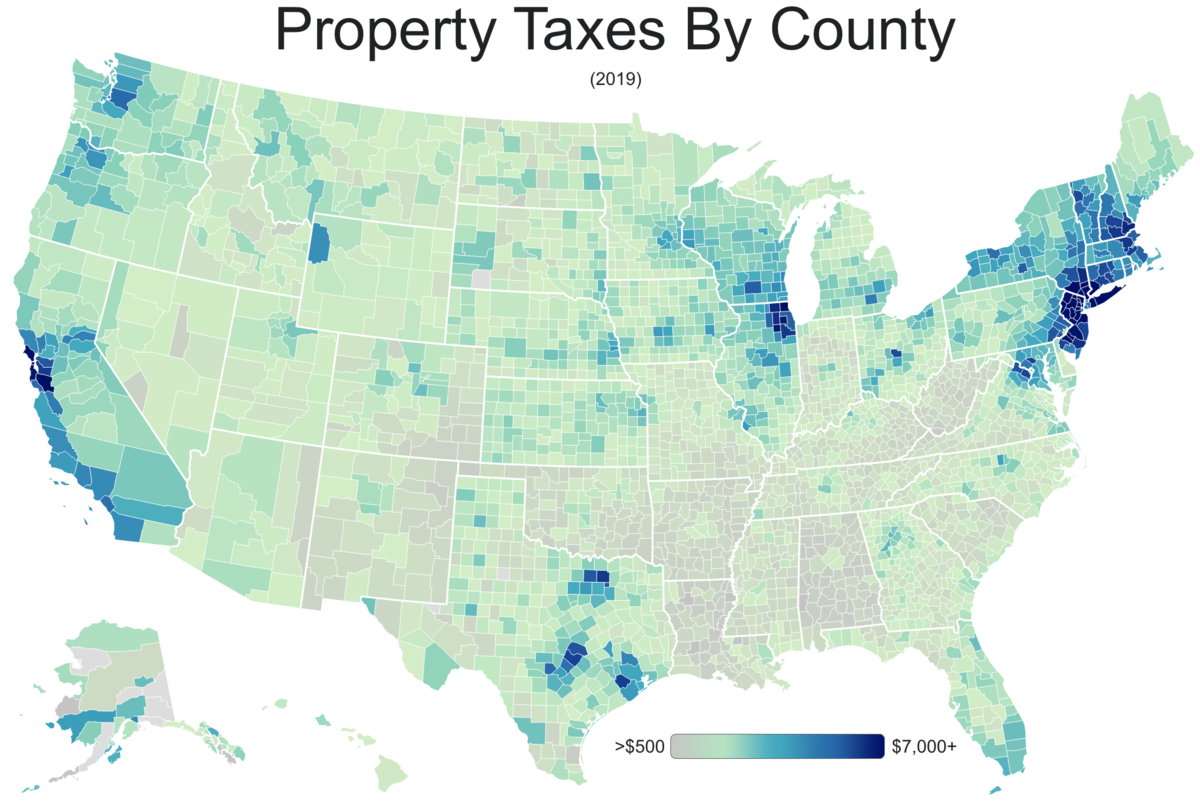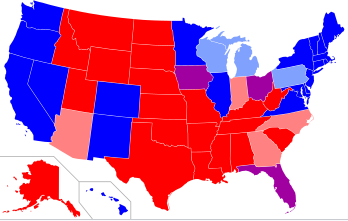|
MOUNTING ZOOM EMPLOYER / EMPLOYEE CONFLICTS
I think an article that I recently read reflects on what is actually happening in our new post Covid-19 workplace.
The article was entitled: Apple Employees Form Resistance Against Company’s Return-To-Office Plans.
The labor’s public petition statement in this conflict informs us a lot about the rapidly changing US labor forces attitudes and expectations. Let me share some of their demands and expectations – I quote:
-
- This uniform mandate from senior leadership does not consider the unique demands of each job role nor the diversity of individuals,”
- Reasons that include “disabilities (visible or not); family care; safety, health, and environmental concerns; financial considerations; to just plain being happier and more productive.”
- The workers demand that Apple “allows each of us to work directly with our immediate manager to figure out what kind of flexible work arrangements are best for each of us and for Apple,”
- “These work arrangements should not require higher level approvals, complex procedures, or providing private information.”
- The employees circulating the latest petition want Apple to “encourage, not prohibit, flexible work to build a more diverse and successful company where we can feel comfortable to “think different” together.”
This all sounds reasonable, but try to understand how management will now actually control the labor force towards being more productive. I understand that the employees believe what they are saying, but my experience is that people must be managed. By that I mean consensus only goes so far before management must make hard decisions that always alienate some – the more hard decisions being made, the more people who become alienated. In the economic world we now live in, management must make tough decisions continuously to stay competitive and highly productive.
JPMorgan Chase CEO Jamie Dimon has been blasting working from home and Zoom as “management by Hollywood Squares. He states that his experience is:
“Remote work creates a working environment that’s less honest and more prone to procrastination”.
He states that:
-
- It doesn’t work for people who want to Hustle,
- It doesn’t work for Culture,
- It doesn’t work for an Apprenticeship Program,
- It doesn’t work for Spontaneous Stuff,
- It doesn’t work for Idea Generation.
The question is whether remote work was a temporary perk, like the ability to order to-go cocktails, or a new feature of the American workplace. If the latter is the case, then how should it be factored into an employee’s overall compensation package?
Remote, in the private sector, is perceived as a new fringe benefit. Corporate executives are presently offering remote work but are “doing it unhappily.” Younger employees who continue to eagerly seize on the opportunity to stay out of the are office oblivious to the long-term consequences of that decision. Young people are beginning to understand that their career potential is being jeopardized by not being in the office as advancement evolves from relationships, and you can’t build relationships on Zoom. You can’t become a leader.
No matter which side you come out on this conflict, it suggests lower productivity is highly likely going forward compared to past trends.
|
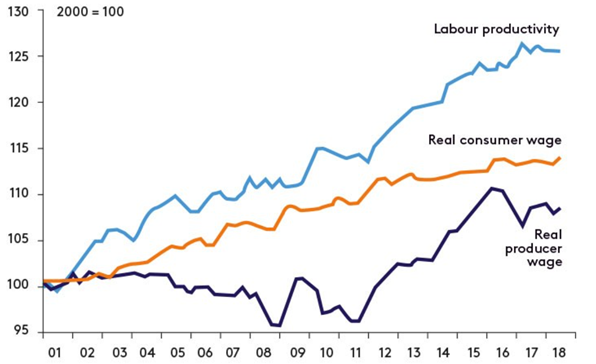 US MUST URGENTLY INCREASE LABOR PRODUCTIVITY
US MUST URGENTLY INCREASE LABOR PRODUCTIVITY
